Macron's Push For European Goods: A Challenge To US Imports

Table of Contents
The Strategic Rationale Behind Macron's Initiative
Macron's push for European goods stems from a multifaceted strategic vision aimed at enhancing the EU's economic independence and resilience. The core motivations include strengthening the EU's economic sovereignty, reducing dependence on foreign suppliers, particularly in strategic sectors, fostering domestic job creation, and promoting a strong "Buy European" mentality within the Union. This initiative goes beyond simple protectionism; it's a proactive strategy for long-term economic security and competitiveness.
- Increased resilience to global shocks and geopolitical instability: By prioritizing domestic production, the EU aims to reduce vulnerability to disruptions in global supply chains caused by geopolitical events or pandemics. This self-reliance is a key element of Macron's vision.
- Boosting European competitiveness in global markets: Investing in European industries and innovation should foster competitiveness on the world stage, allowing European businesses to compete more effectively with global players.
- Supporting European SMEs and manufacturers: Macron's policies aim to provide support and protection for smaller European businesses and manufacturers, crucial components of the EU's economic fabric. This includes measures such as targeted subsidies and favorable procurement policies.
- Addressing concerns about unfair trade practices: The initiative also seeks to address concerns about unfair trade practices from countries outside the EU, leveling the playing field for European businesses.
Specific Sectors Targeted by Macron's Policy
Macron's initiative isn't a blanket approach; it focuses on specific sectors deemed critical for the EU's economic and strategic future. Renewable energy, technology, agriculture, and manufacturing are among the key industries receiving significant attention under this policy.
- Renewable energy: Substantial investments and subsidies are directed towards developing and deploying renewable energy technologies within the EU, reducing reliance on foreign energy sources and fostering green jobs. This reflects a broader European push towards energy independence.
- Technology: The EU is investing heavily in research and development, particularly in areas like artificial intelligence and semiconductors, to bolster its technological capabilities and reduce dependence on foreign technology companies. This is a critical component of Macron's long-term strategy.
- Agriculture: Policies are designed to support European farmers and ensure food security, reducing reliance on food imports and protecting the EU's agricultural sector.
- Manufacturing: Incentives and regulations aim to revitalize European manufacturing, promoting reshoring and boosting domestic production of key goods. This includes measures to reduce the cost of doing business within the EU.
The Impact on US-EU Trade Relations
Macron's push for European goods has considerable implications for US-EU trade relations. US businesses exporting to the EU may face increased tariffs, non-tariff barriers, and challenges in accessing the European market. This could lead to increased trade tensions and potential retaliatory measures from the US.
- Increased trade tensions between the US and the EU: The prioritization of European goods could be perceived as protectionist by the US, leading to increased trade friction between the two major economic powers.
- Potential for trade disputes and WTO challenges: Disagreements over trade practices could escalate into formal trade disputes, potentially involving the World Trade Organization (WTO).
- Impact on American jobs and businesses reliant on the European market: US businesses that heavily rely on the European market could experience reduced sales and potential job losses due to increased trade barriers.
- Negotiation of new trade agreements to address concerns: The shifting landscape necessitates renewed efforts to negotiate trade agreements that address both sides' concerns and maintain a balanced transatlantic trade relationship.
Long-Term Implications for the Global Economy
Macron's protectionist shift within the EU, while primarily focused on internal economic strength, carries broader global economic consequences. It could contribute to a trend of regionalization of trade, impacting global supply chains and potentially escalating protectionist sentiment worldwide.
- Shift in global trade patterns and alliances: The EU's move could inspire similar protectionist policies in other regions, leading to a fragmentation of global trade and a re-alignment of economic alliances.
- Increased costs for consumers due to reduced competition: Reduced competition within the EU due to protectionist measures could lead to higher prices for consumers.
- Potential for other countries to follow similar protectionist policies: Macron's actions could set a precedent, encouraging other countries to adopt similar protectionist measures, further disrupting global trade flows.
- The evolution of multilateral trade organizations: The increased protectionism could challenge the efficacy and relevance of existing multilateral trade organizations like the WTO, prompting reforms or the emergence of new frameworks.
Conclusion
President Macron's push for European goods represents a significant shift in EU economic policy, posing a substantial challenge to US imports and the existing transatlantic trade relationship. The strategic motivations are clear: strengthening EU sovereignty, boosting domestic industries, and reducing reliance on global supply chains. However, this initiative carries significant implications for US-EU trade relations and the broader global economy, potentially leading to increased protectionism and trade disputes. Understanding the nuances of Macron's European Goods Push is crucial for businesses and policymakers alike. Stay informed about the evolving landscape of Macron's European Goods Push to navigate this changing economic environment effectively.

Featured Posts
-
 British Ultrarunner Eyes Australian Speed Record
May 21, 2025
British Ultrarunner Eyes Australian Speed Record
May 21, 2025 -
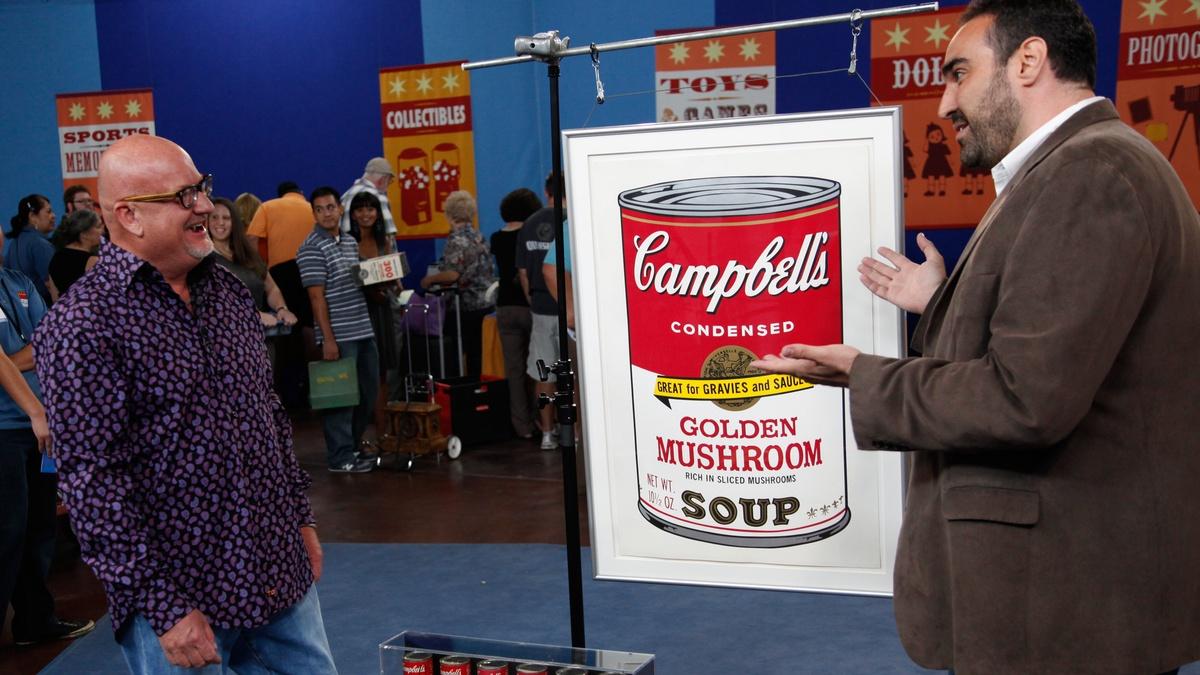 National Treasure Trafficking Antiques Roadshow Episode Results In Arrests
May 21, 2025
National Treasure Trafficking Antiques Roadshow Episode Results In Arrests
May 21, 2025 -
 Abn Amro Groeiend Autobezit Stimuleert Occasionverkoop
May 21, 2025
Abn Amro Groeiend Autobezit Stimuleert Occasionverkoop
May 21, 2025 -
 Oh Jun Sungs Thrilling Wtt Star Contender Chennai Victory
May 21, 2025
Oh Jun Sungs Thrilling Wtt Star Contender Chennai Victory
May 21, 2025 -
 Essai Routier Le Matin Auto Au Volant De L Alfa Romeo Junior 1 2 Turbo Speciale
May 21, 2025
Essai Routier Le Matin Auto Au Volant De L Alfa Romeo Junior 1 2 Turbo Speciale
May 21, 2025
Latest Posts
-
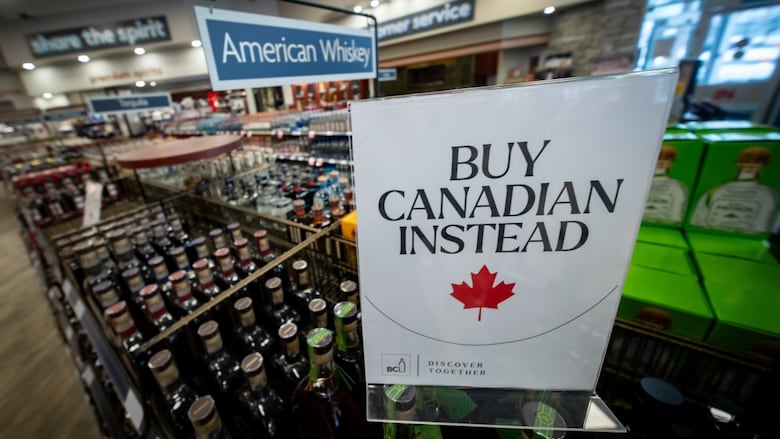 Tariffs And The Buy Canadian Beauty Movement A Comprehensive Analysis
May 21, 2025
Tariffs And The Buy Canadian Beauty Movement A Comprehensive Analysis
May 21, 2025 -
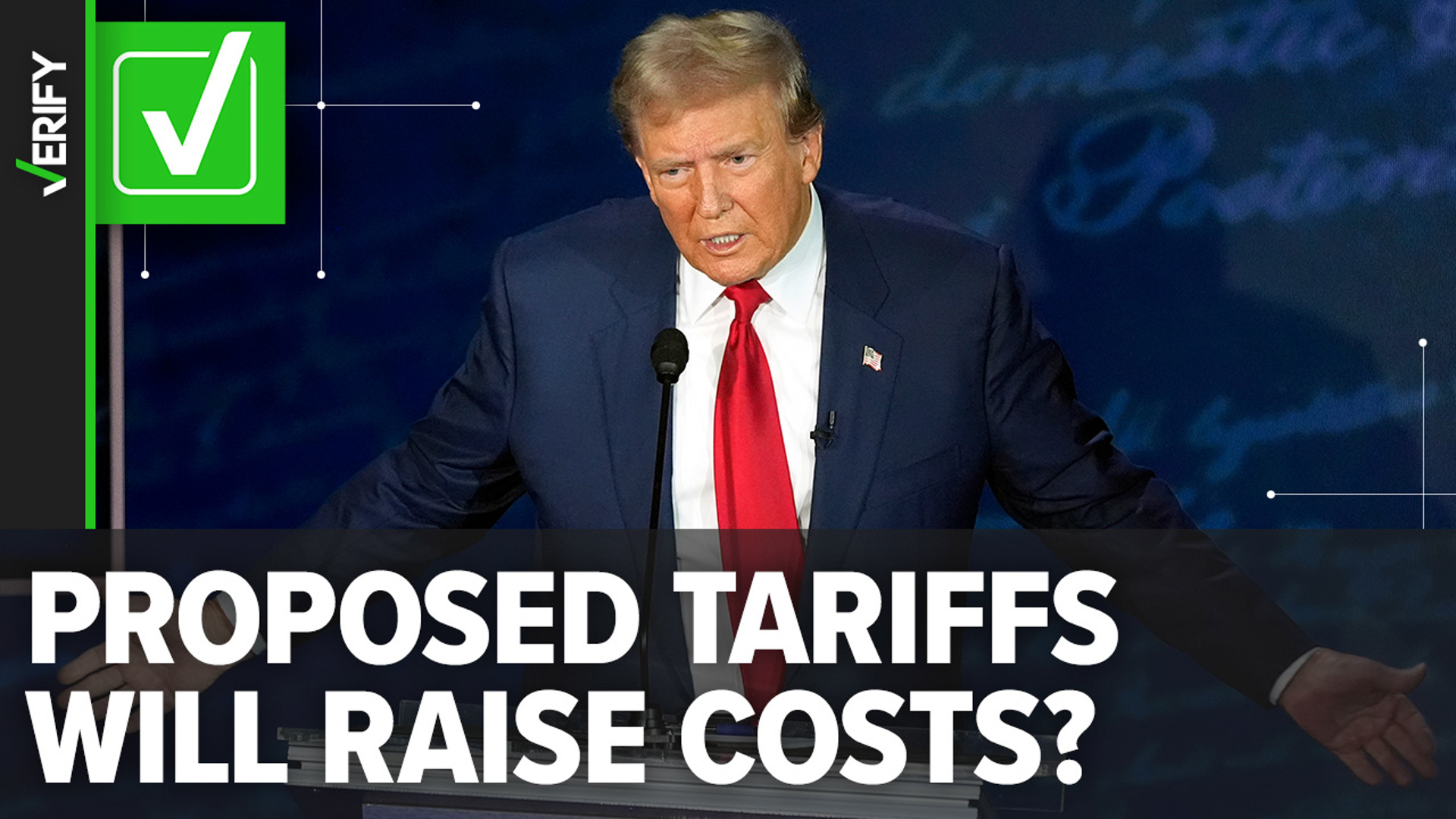 Analyzing The Buy Canadian Movement The Effect Of Tariffs On Beauty
May 21, 2025
Analyzing The Buy Canadian Movement The Effect Of Tariffs On Beauty
May 21, 2025 -
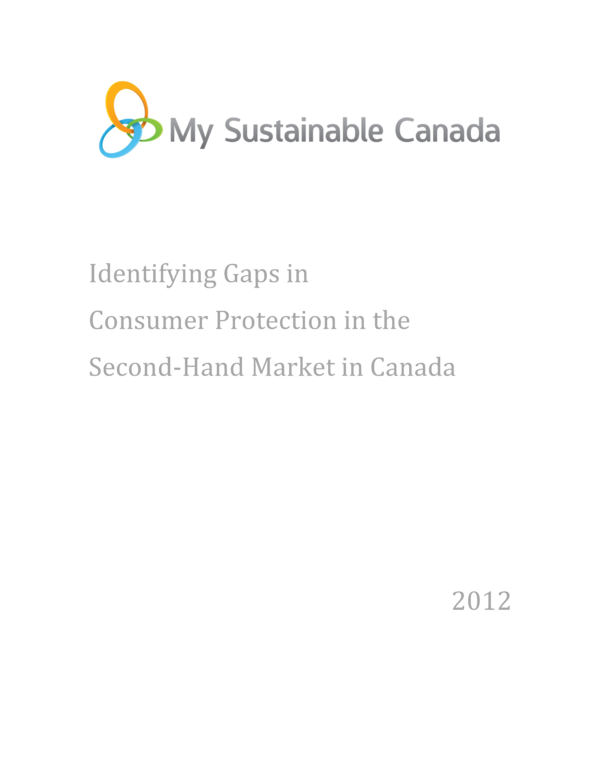 Is Buy Canadian Sustainable The Role Of Tariffs In The Beauty Sector
May 21, 2025
Is Buy Canadian Sustainable The Role Of Tariffs In The Beauty Sector
May 21, 2025 -
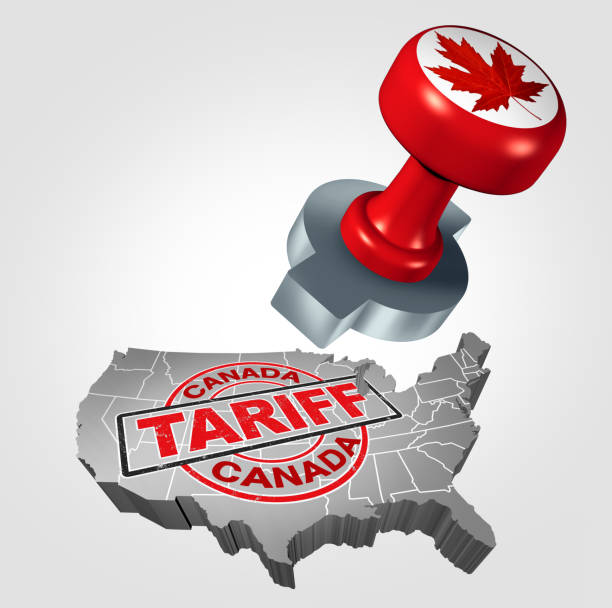 The Future Of Buy Canadian Analyzing Tariffs And The Beauty Industry
May 21, 2025
The Future Of Buy Canadian Analyzing Tariffs And The Beauty Industry
May 21, 2025 -
 1050 V Mware Price Hike At And Ts Concerns Over Broadcoms Proposed Acquisition
May 21, 2025
1050 V Mware Price Hike At And Ts Concerns Over Broadcoms Proposed Acquisition
May 21, 2025
